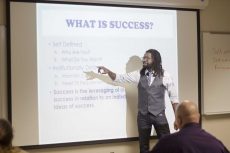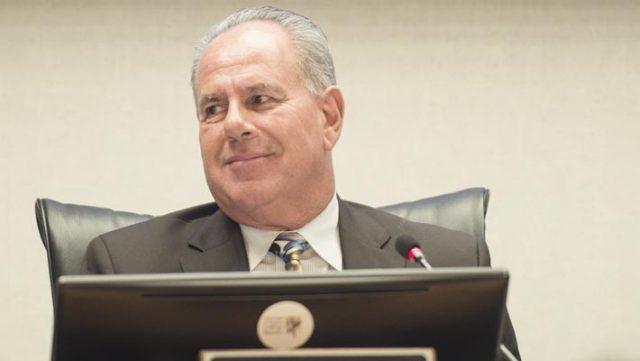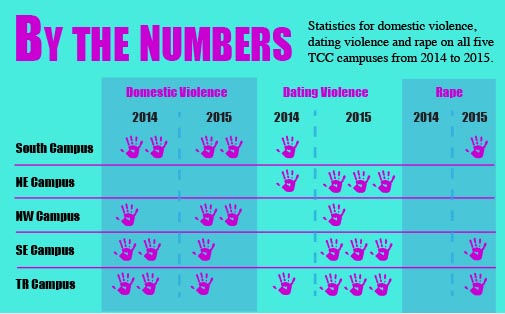By Ivy Claire/ reporter

Photos by Bogdan Sierra Miranda/The Collegian
People love their partners, parents, pets, but NW students learned their grades might depend on how much they love themselves.
Counselor Brentom Jackson’s Self-Love = Success: How Self-Love and Self-Esteem Lead to Self-Empowerment Oct. 4 focused on how practicing self-love leads to success both in and out of the classroom.
“Self-love is a concept that’s thrown around a lot,” he said. “You’ve probably seen Oprah talk about it, but let’s all get on the same page.”
Jackson defined self-love with help from psychoanalyst Erich Fromm’s The Art of Loving.
“Loving oneself is the act of caring about oneself and taking responsibility for one’s actions without self-criticism,” he said.
Jackson said Fromm believed all acts of self-love involve four concepts: care, responsibility, knowledge and respect.
Everyone needs to establish a personal definition of success, Jackson said.
“[Success is] leveraging institutional ideas of success with your personal ideas of success,” he said.
Jackson said self-love leads to success. He likens having a successful relationship with oneself to having a successful romantic relationship.
“The first thing a successful relationship needs to have … is a solid foundation of love,” he said. With self-love, “you show love to yourself to build a level of safety, security and confidence so that when the hard times come, you will be resilient.”
Students should use positive self-talk and avoid the opposite of self-love — self-criticism — when dealing with obstacles, Jackson said. If a student receives a failing grade on a test, the student can be self-critical by saying, “I am a failure,” which serves no benefit. Instead, the student can be self-loving by saying, “I have failed because I did not study.” Jackson said such a comment is an important source of hope.
“You can’t recover from being a failure, but you can recover from failing a test,” he said.

A study revealed that self-criticism keeps individuals focused on what’s wrong with them, thereby decreasing their self-confidence, Jackson said.
“It makes you afraid of failure, which hurts your performance, makes you give up more easily and leads to depression and anxiety,” he said.
The study participants who were most self-critical were taught self-love practices to try for three months.
“They discovered that [self-love] made you more resilient, more likely to bounce back and learn from your mistakes,” he said. “It made you more emotionally intelligent, which helps you engage in better relationships. It lowers your stress levels and feelings of being overwhelmed and decreased anxiety and depression.”
Jackson shared his own self-love methods: a list he calls his “Personal 2016 Self-Love Strategies.” Some of his practices are to complete the “20x20x20,” which involves exercising, deep breathing and writing down 20 positive things, and “Walk it Out,” which involves curating a thematic playlist (songs that relate to current challenges) and walking for three to five miles while listening to it. But not all strategies work for all people.
“Every person is different,” he said. “The best self-love strategies are personal, self-defined, involve self-talk that promotes gratitude and avoids shame, integrate several parts of the psyche, feel good and become automatic.”
Student Allen Crowley said he attended hoping to learn coping strategies and appreciated Jackson’s straightforward directions, especially his “Walk it Out” strategy.
“I often listen to podcasts, but I hadn’t thought about tailoring [a playlist] to my problems,” Crowley said.



























